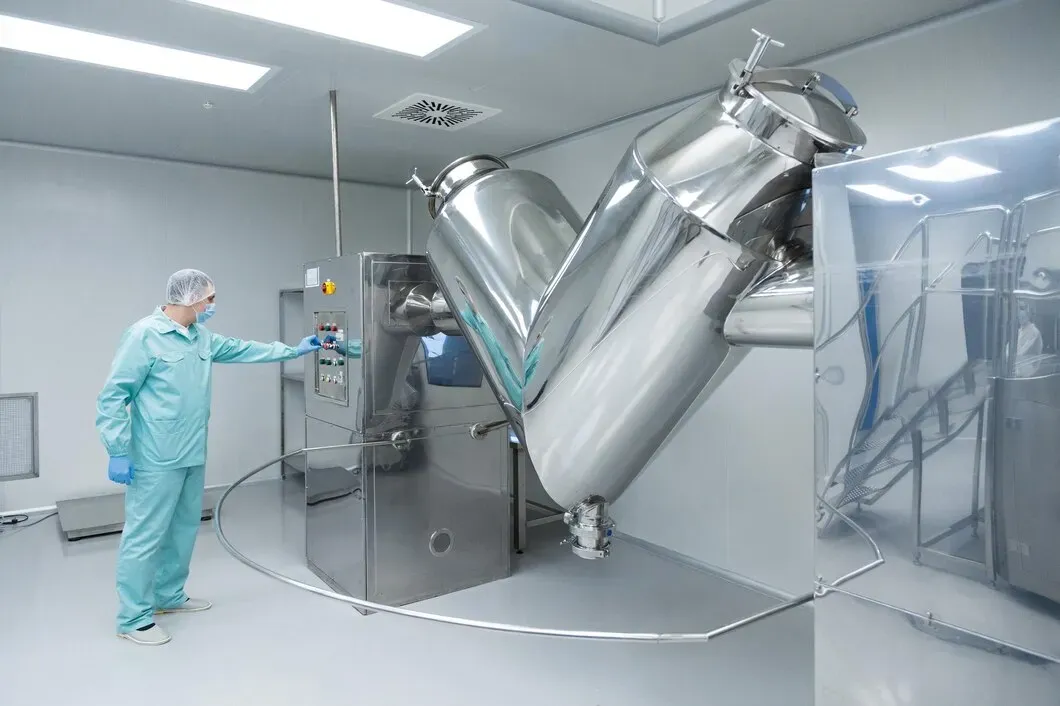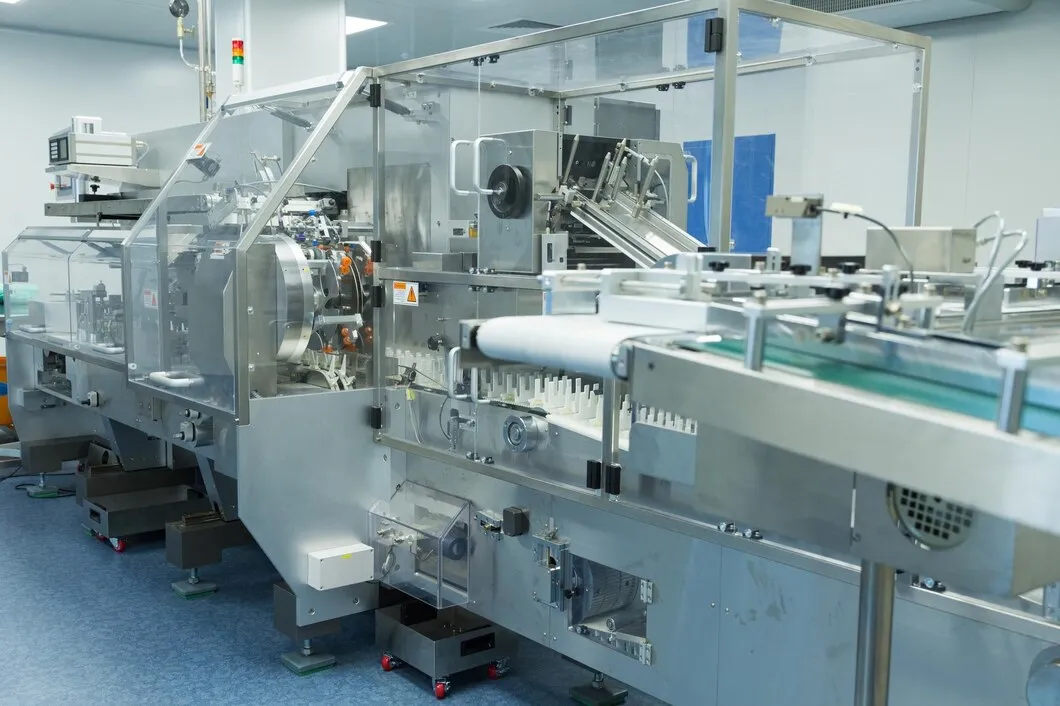The cost and time to bring a new drug to market keep rising. On average, it takes up to a decade and billions of dollars to develop a single treatment. To stay competitive, pharma companies are turning to artificial intelligence (AI) to work smarter, not slower.
In this article, we’ll examine how AI and pharma are collaborating to speed up research and development. We’ll cover real-world use cases, benefits, challenges, and what this means for مینوفیکچررز and partners in the supply chain.

Drug development has always been complex, but the gap between investment and output is widening. Pharma companies are facing lower returns on R&D, longer timelines, and increased pressure to deliver targeted therapies faster. According to Deloitte, average R&D returns in 2024 dropped to 1.2%, even as development costs exceeded $2.2 billion per drug.
AI offers a way to reverse that trend. It helps teams process data faster, reduce reliance on trial-and-error, and identify better drug candidates earlier in the pipeline. This is especially useful in early discovery and clinical trial design—two areas where delays are common and costly.
For companies navigating smaller margins and bigger risks, AI isn’t just a tool—it’s a way to rebuild efficiency and stay competitive in a rapidly evolving landscape.
AI is making tangible impacts across various stages of drug development:
Integrating AI into pharmaceutical R&D offers several advantages:
Despite its promise, AI adoption in pharma faces several hurdles:
The trajectory of AI in pharma is promising:
As AI accelerates drug discovery, manufacturers must be prepared for an influx of novel compounds requiring development. This necessitates adaptable production lines capable of handling diverse formulations and scalable operations to meet varying demands. Aligning with AI-savvy partners will be crucial to navigating this evolving landscape effectively.
The integration of AI in pharmaceutical R&D is changing how the industry discovers and develops new drugs. By speeding up early research, cutting costs, and improving trial success rates, AI and pharma are working together to solve long-standing bottlenecks.
But discovery is just the start. As more compounds move through the pipeline faster, manufacturers need systems that can keep up—flexible, scalable, and GMP-ready. That’s where Canaan comes in.
Canaan designs advanced pharmaceutical machinery that helps you scale with confidence—whether you’re producing capsules, tablets, or complex formulations. Ready your production line for the next wave of AI-driven innovation.ہم سے رابطہ کریں۔ to learn how we can support your next phase of growth.




اس سے پہلے کہ کوئی بھی دوا مریض تک پہنچتی ہے، یہ لیبارٹری میں شروع ہو جاتی ہے۔ یہیں پر فارمولوں کی جانچ کی جاتی ہے، بیچوں کی جانچ پڑتال کی جاتی ہے، اور معیار کی تصدیق یا سوال کیا جاتا ہے۔ اس کام کو صحیح طریقے سے کرنے کے لیے، لیبز کا انحصار صحیح آلات پر ہوتا ہے — ایسے ٹولز جو نہ صرف کام مکمل کرتے ہیں، بلکہ اسے درستگی کے ساتھ کرتے ہیں۔ اگر آپ دوڑنے کے ذمہ دار ہیں یا […]

بلیسٹر پیکیجنگ فارما میں ہر جگہ ہے — گولیوں سے لے کر کیپسول تک نمونے کے پیک تک۔ یہ مصنوعات کی حفاظت کرتا ہے، شیلف زندگی کو بڑھاتا ہے، اور مریض کی حفاظت کو بہتر بناتا ہے۔ لیکن مینوفیکچررز کے لیے، یہ صرف پیکیجنگ سے زیادہ ہے — یہ ایک ایسا نظام ہے جو رفتار، درستگی اور تعمیل کے ارد گرد بنایا گیا ہے۔ اگر آپ فارما مینوفیکچرنگ یا پیکیجنگ پروکیورمنٹ میں ہیں، تو یہاں آپ کو چھالے کے بارے میں جاننے کی ضرورت ہے […]

اگر آپ فیصلہ کر رہے ہیں کہ فارماسیوٹیکل یا سپلیمنٹ پروڈکٹ کو کیسے ڈیلیور کیا جائے، تو آپ جو فارمیٹ منتخب کرتے ہیں — مائع جیل یا گولیاں — اس کی شکل اس سے کہیں زیادہ ہو گی کہ یہ کیسا لگتا ہے۔ یہ اس بات پر اثر انداز ہوتا ہے کہ پروڈکٹ کیسے بنتی ہے، یہ کتنی تیزی سے جذب ہوتی ہے، آپ کو کس قسم کے سامان کی ضرورت ہوگی، اور آخری صارف اس کا تجربہ کیسے کرتا ہے۔ کچھ ایکٹیوٹس بہتر کام کرتے ہیں […]